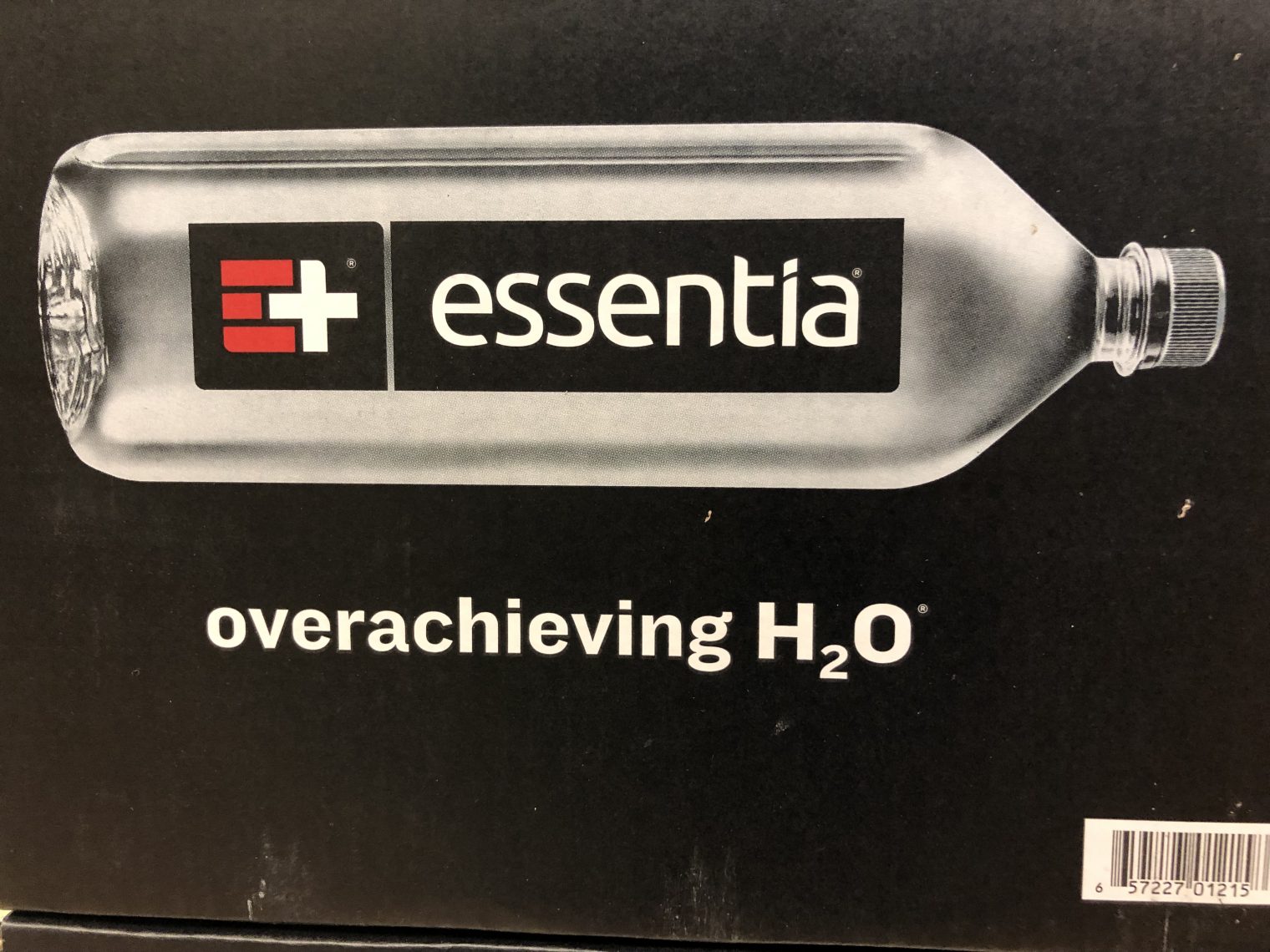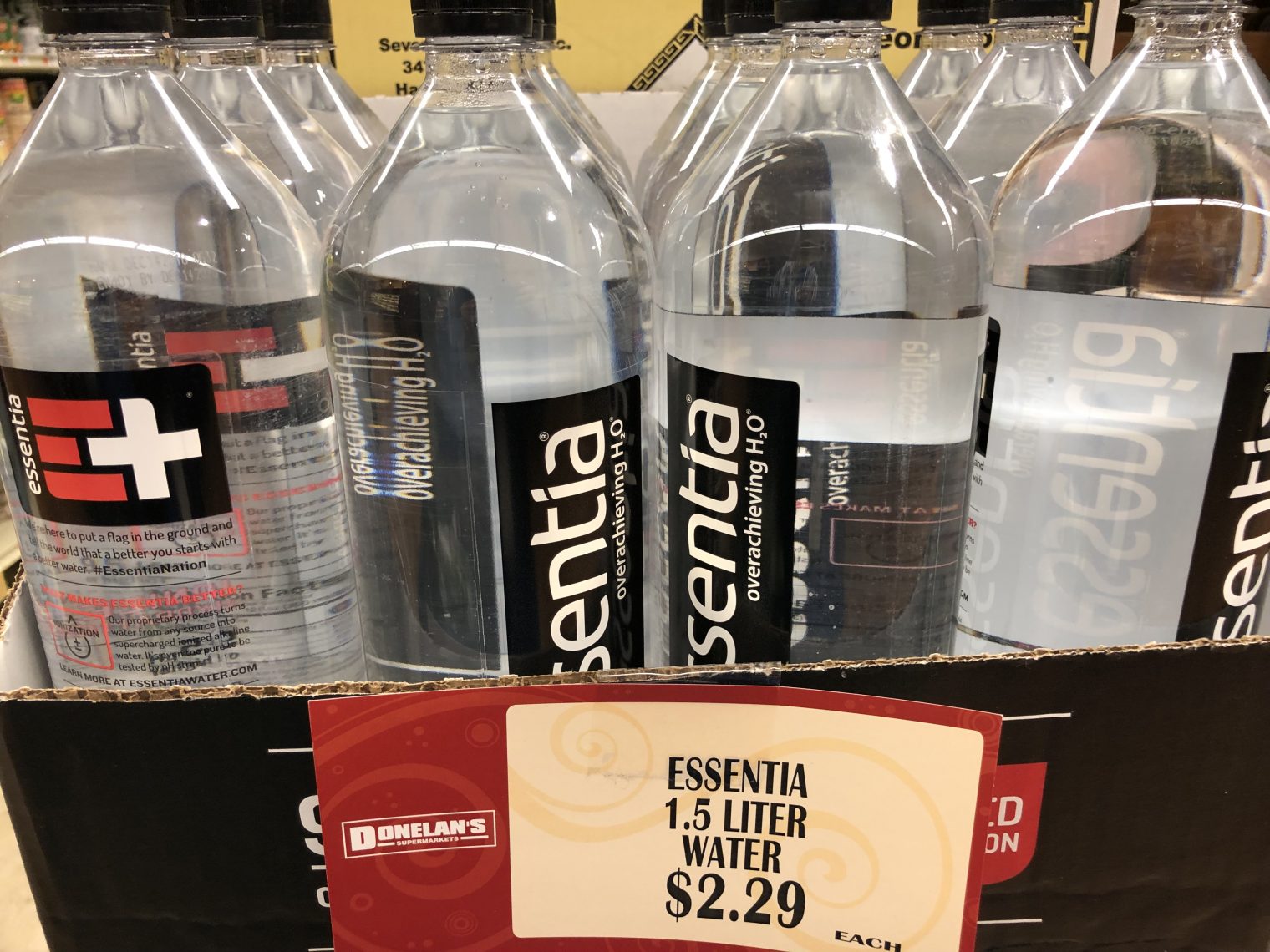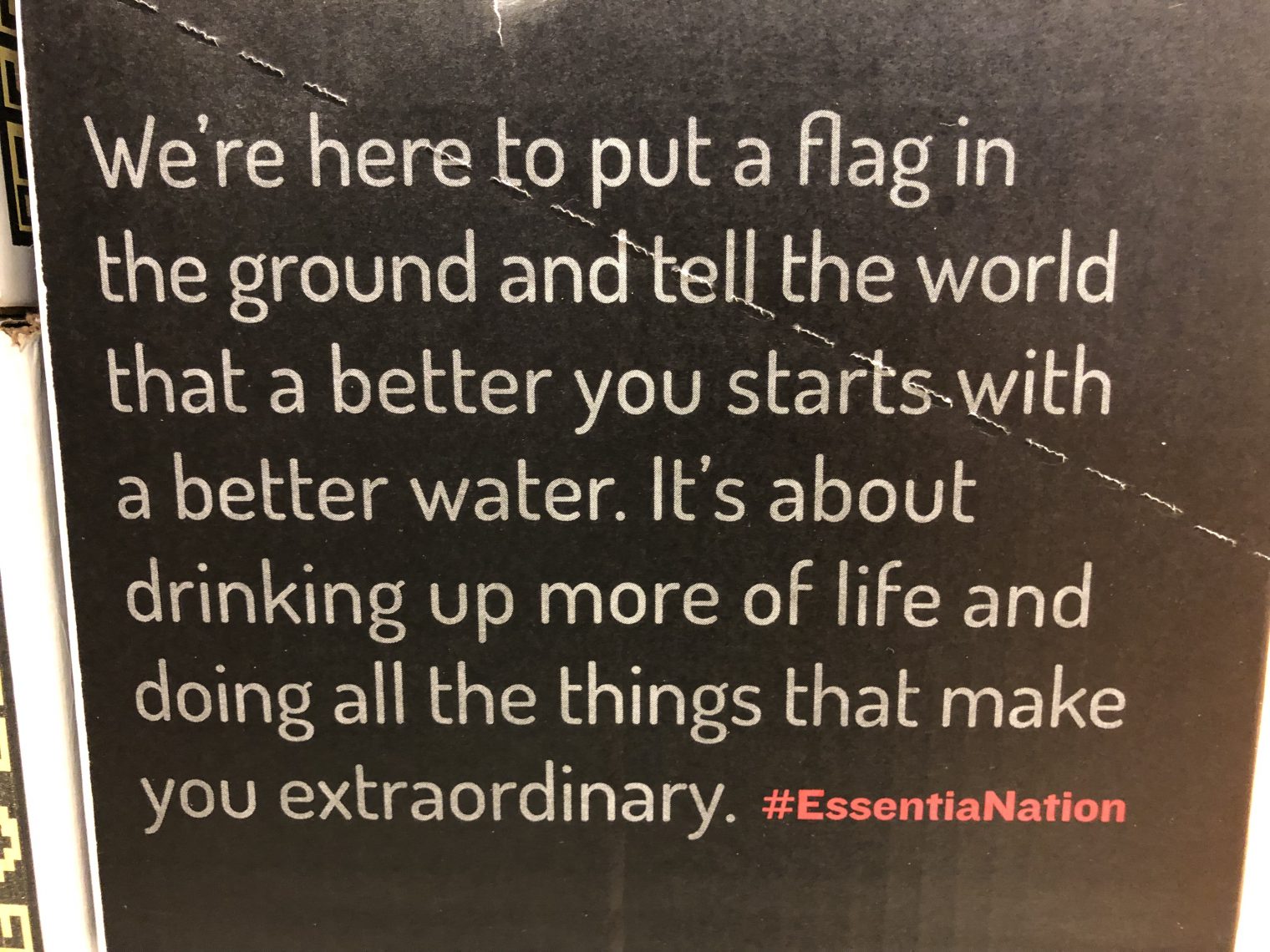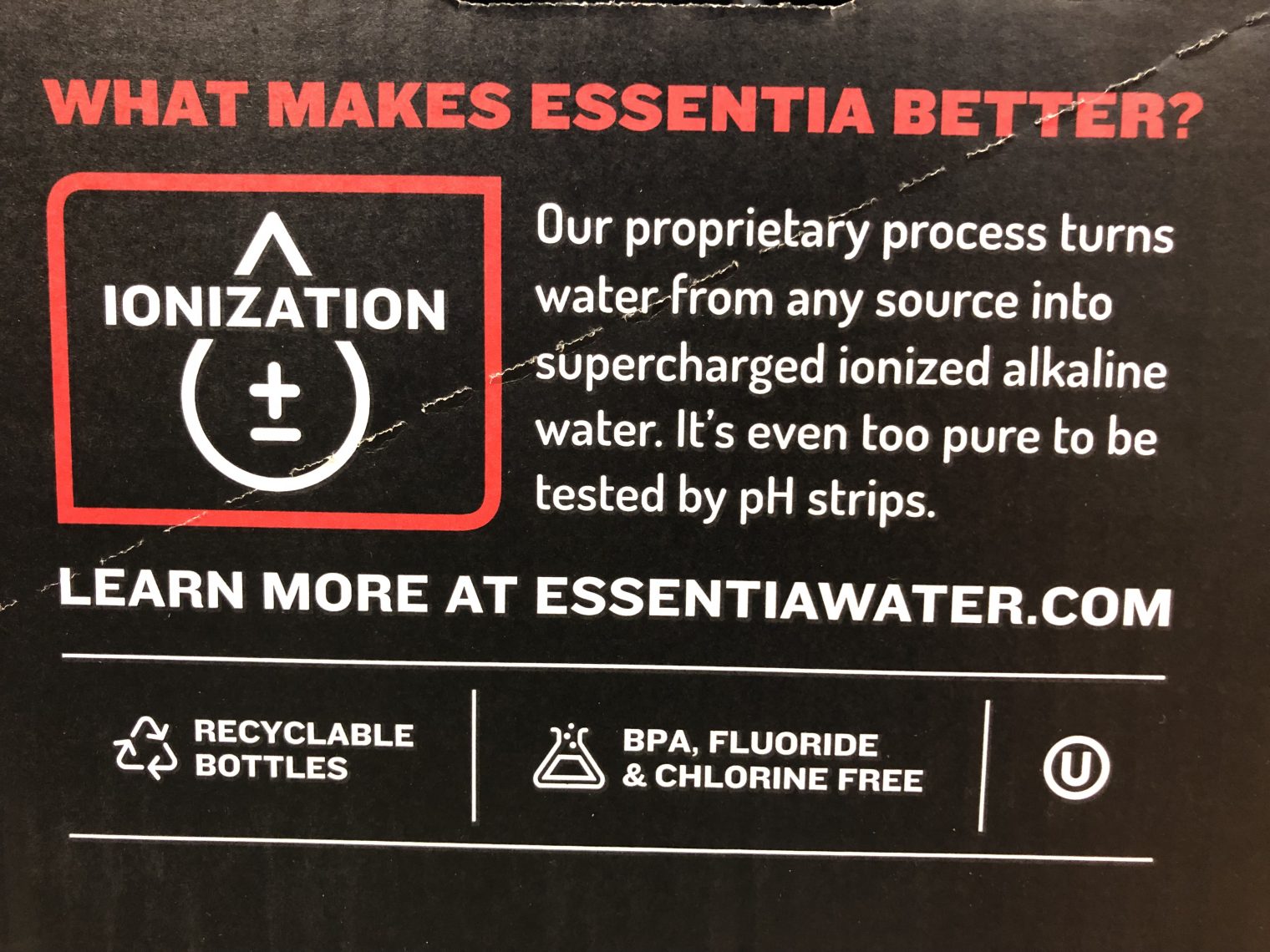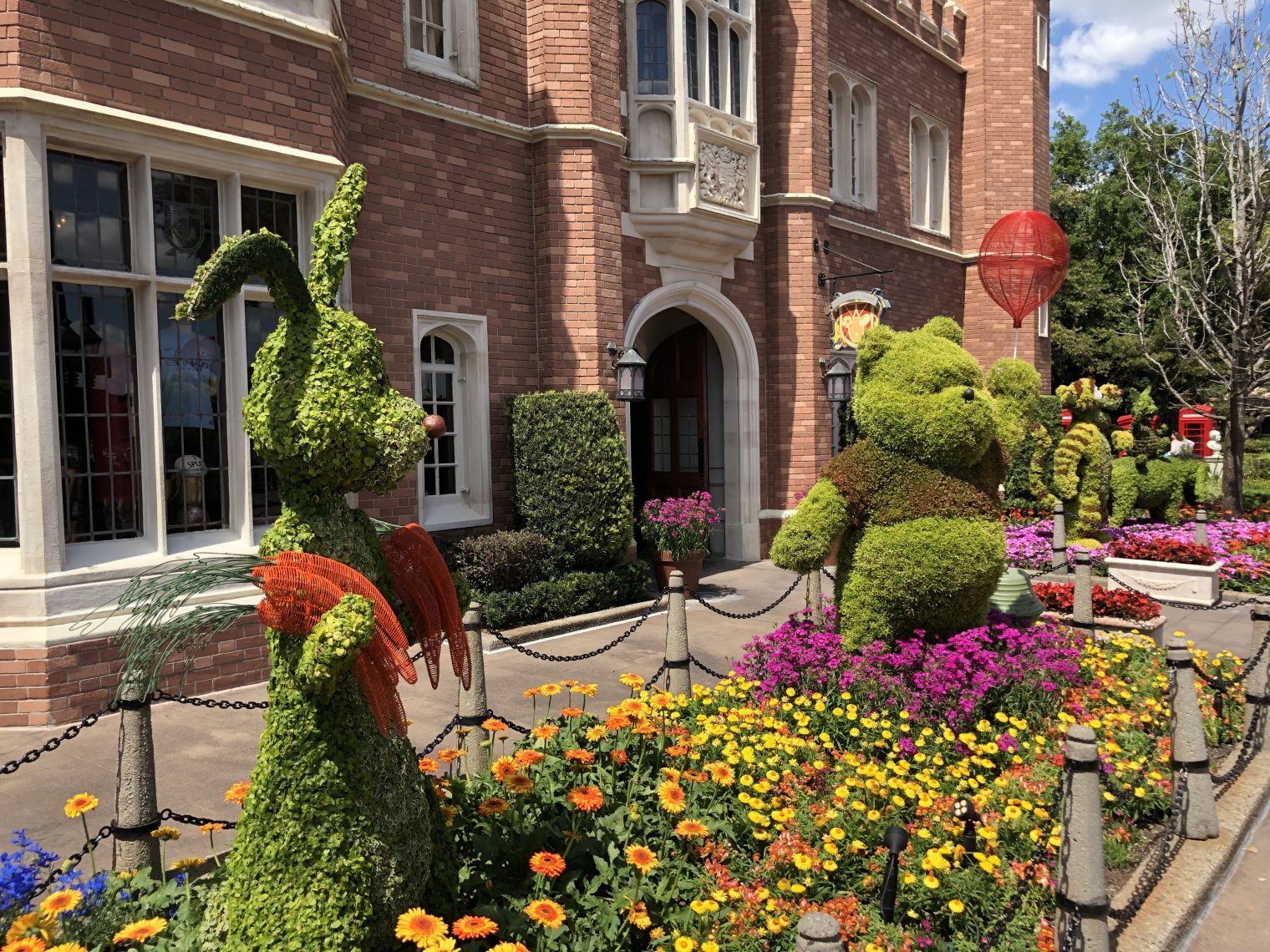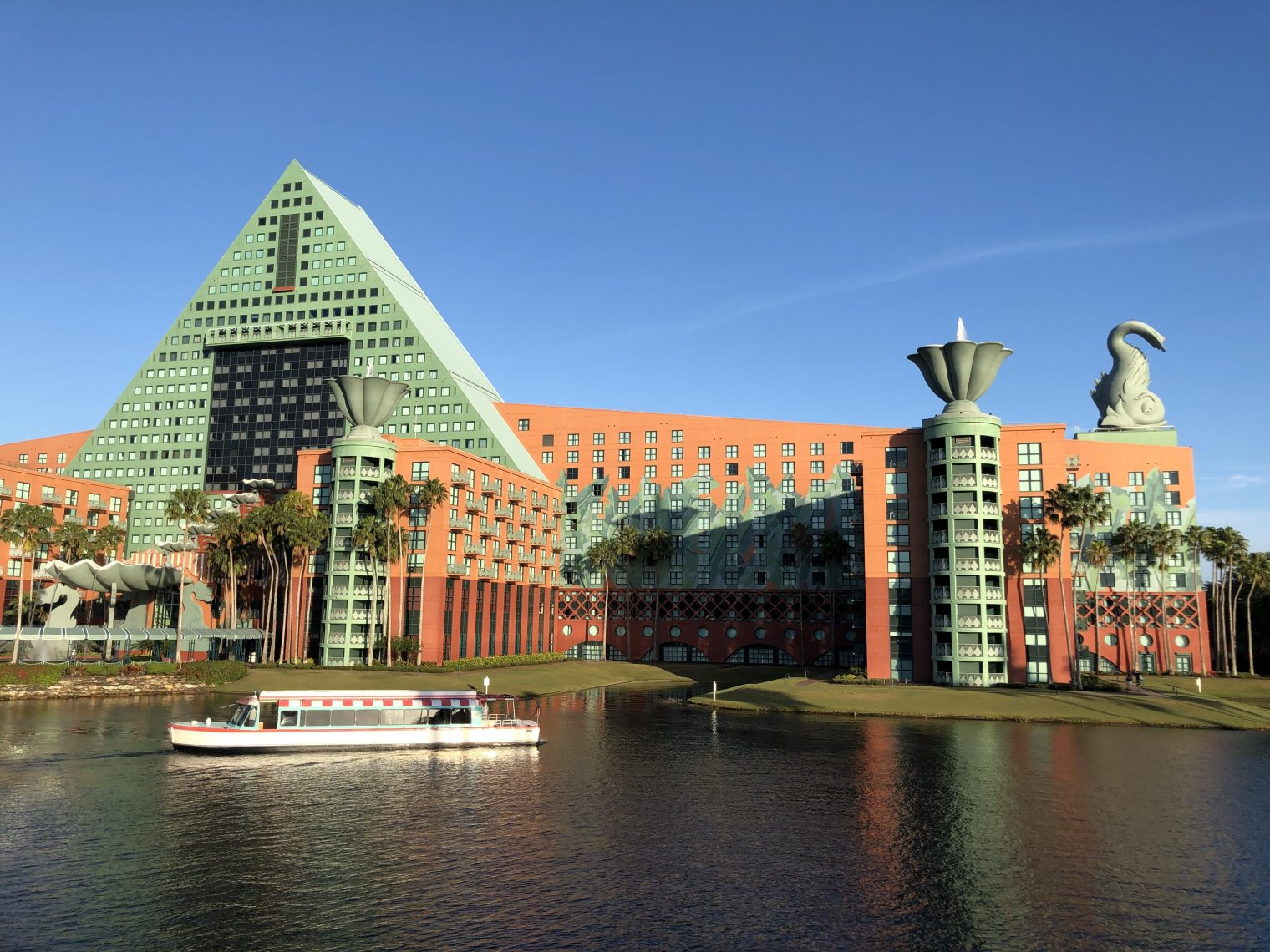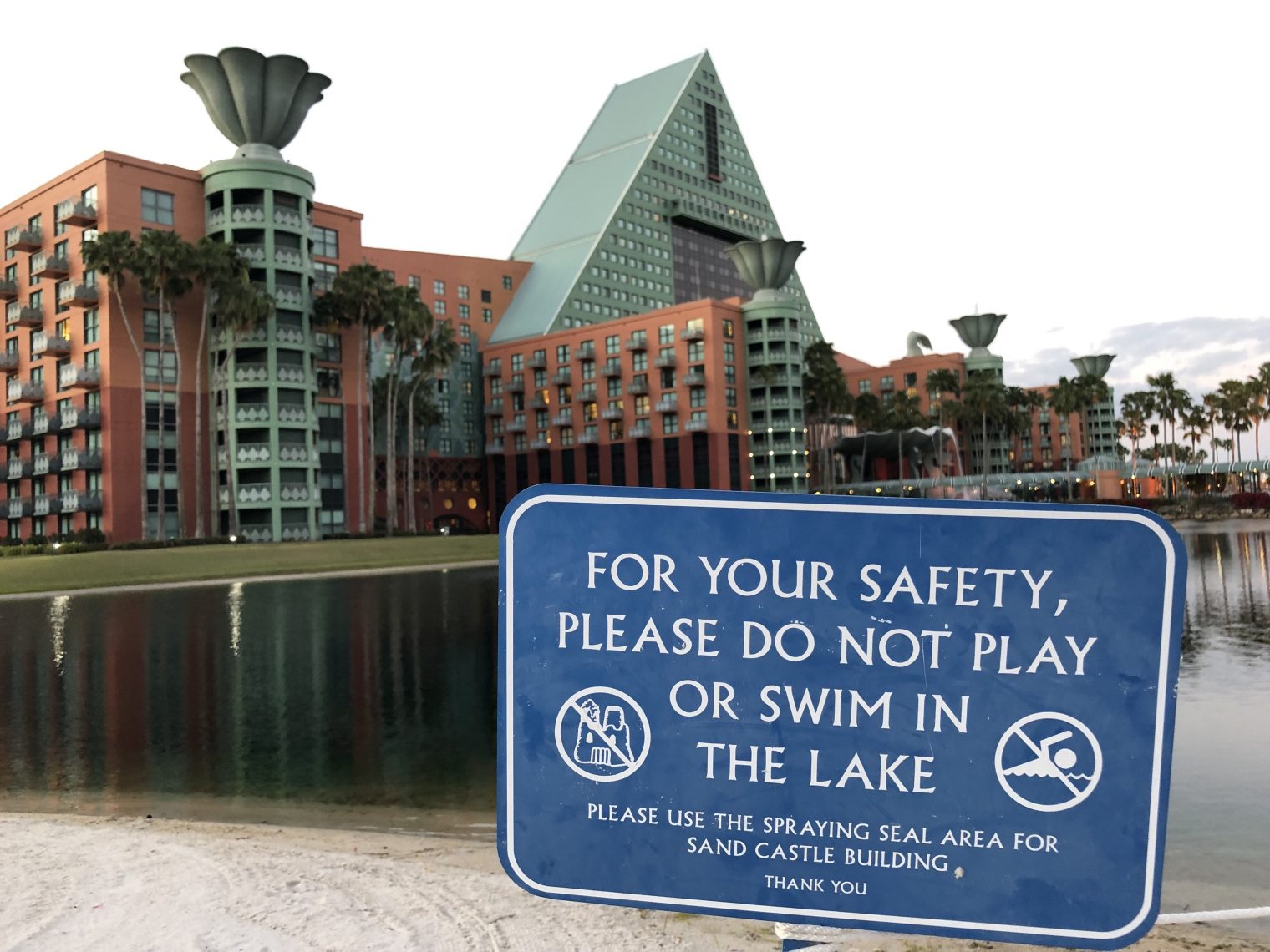What’s a good online backup service? (Crashplan can do only 10 GB per day)
I used to back up my computer with Crashplan, but the service failed after I parked some big videos from our MIT Ground School class on a secondary drive. I was able to get it started again by beefing up its RAM allocation to 8 GB (it seems to use 3-5 GB; this is why I want every computer to have 64 GB of RAM minimum!) and cutting the backup interval to once/day (attempt to prevent a new backup starting from causing an in-progress upload to file).
The backup is unbelievably slow. Windows says Crashplan uses 0.1 Mbps most of the time, i.e., about 1/10,000th of the provisioned Verizon FiOS 1 Gbps symmetric link. My information will be at risk of drive failure for the next 83 days (about 830 GB of stuff that Crashplan missed during its failed period).
I pinged the Crashplan folks for support. It turns out that their goal is 10 GB per day:
Looking at your recent history, I’m seeing that you’re getting above-average upload speeds to us. CrashPlan users can expect to back up about 10 GB of information per day on average if their computer is powered on and not in standby mode.
In other words, the consumer who buys a $360 laptop at Amazon with a 1 TB hard drive, fills it up with family photos and videos, and then subscribes to the service will not have a complete backup until 3.5 months of being continuously connected (maybe not for a year if the laptop is turned on only when in use). The consumer who captures or modifies 1 hour of video every day will never get a complete backup, I don’t think.
[Update 5/6: Since the bandwidth used, according to Windows, is the same 24/7, I’m 99 percent sure that Crashplan is throttling to 100 kbps. The customer support emails use some careful language: “We do not apply throttling based on the size of your backup. We also do not limit upload speed based [on?] file sizes or types.”]
I started with Crashplan in 2012, according to this post on the topic:
[Update 11/15/2012: Based on the comments below, I installed CrashPlan. It is uploading 2.2 Mbps currently, maxing out the admittedly feeble Comcast cable modem upload capacity. So this makes it 22 times faster than Carbonite, throttled to 100 kbps.]
Given that it is only 1/20th of its former speed, I wonder if Crashplan has now discovered the miracle of throttling while charging customers for “unlimited” service.
“Why I Switched to Backblaze from CrashPlan” (February 2017):
I failed to get CrashPlan to complete a single successful backup on my new machine for a full month. … After I cranked up Backblaze to the fastest possible, I was shown a transfer speed of 208.14Mbps. Remember CrashPlan? That was at 2.4mbps. So 100x the speed. But could Backblaze really do this in an actual upload? … .it only took Backblaze 18 hours to upload 641GB of data. 735 thousand files. … I’m switching over to Backblaze because of the nice interface, and because of the speed, and well, mostly because they actually can back up my computer.
How about following this guy with a switch to Backblaze? It is $60/year., half the price of Crashplan at $120/year for a single computer, but I think Backblaze adds fees for persistent storage of older versions (6 cents per GB per year, so a 6 TB hard drive could run up a $360/year bill?). This memory usage comparison showed that Backblaze required only 1/25th as much RAM as Crashplan.
Or maybe it makes sense to subscribe to both? Use Backblaze to make sure that you actually can restore your computer if it fails within one of the multi-month windows in which Crashplan is hundreds of GB behind. Use Crashplan to restore an ancient version of a file.
Full post, including comments